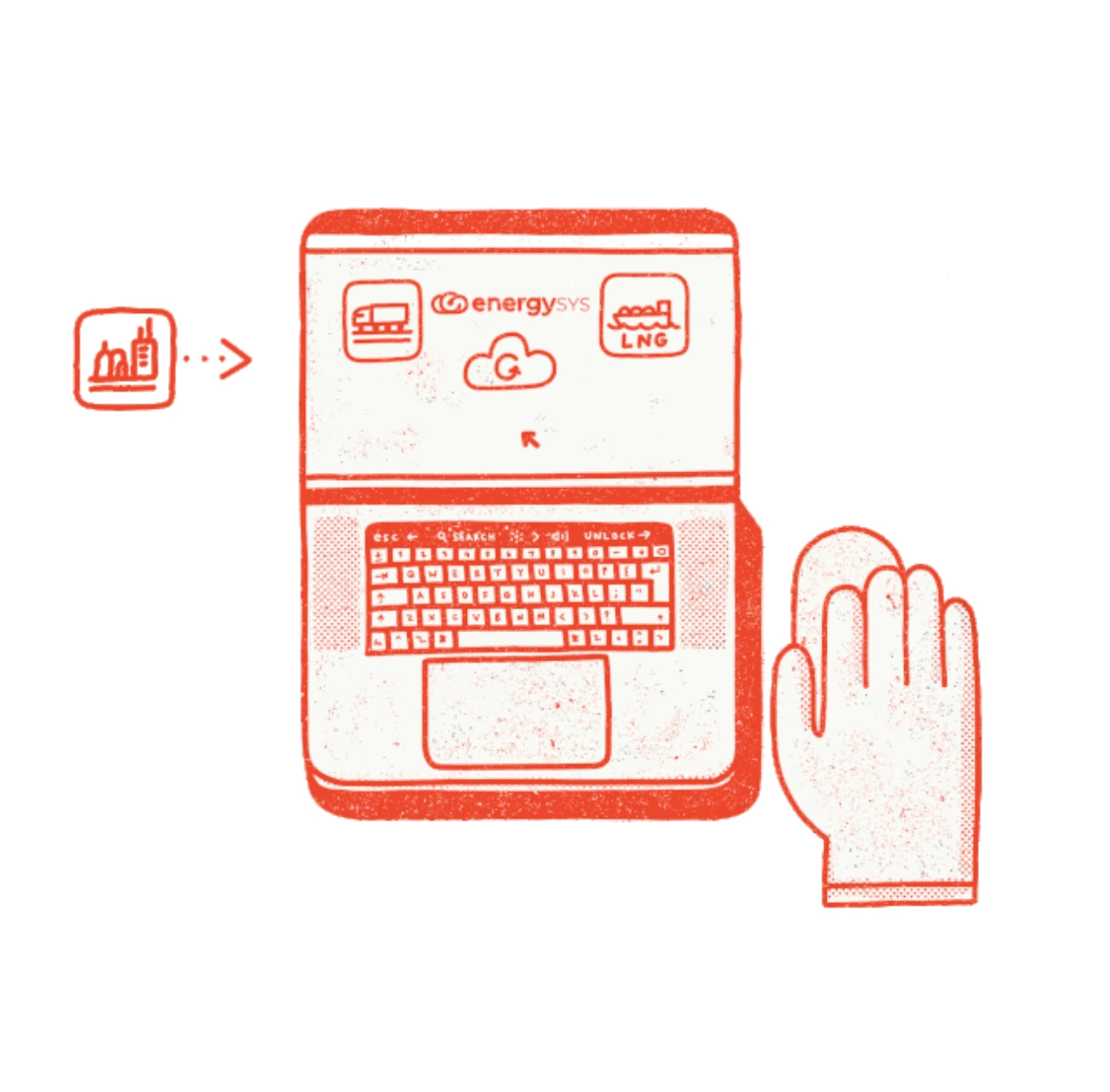Change in oil and gas production accounting software
It’s a known fact that humans don’t like change. Why? According to several studies, there are a number of reasons for this. In oil and gas software, loss of control and excess uncertainty being the most common reasons.
If change feels like walking into an abyss, then people will reject it. People will often choose to remain deep rooted in their current situation, regardless of how tiresome and damaging it is. As the saying goes, “Better the devil you know than the devil you don’t.” But quite often this change is vital to people’s health and growth. It must be implemented regardless of differing opinions. To overcome inertia requires a leader with a clear vision, inspiring ideas and continuous support.
When it comes to change within the oil and gas industry, it is often the first point that people struggle with: a clear vision. Part of this reason comes from our nature to want to define everything and put it in boxes. We have done this by creating buzzwords such as Digital Oilfield, Operational Efficiency, Performance Improvement, and so on. But when we think about it, is it really so clear? What do these terms actually mean in practice? There is so much information available, and such a plethora of oil and gas production accounting software available, that it is hard to know which points to take on board and what to disregard.
What needs to be done?
What is clear is that in order for a company to operate effectively and efficiently given the current pitfalls of oil and gas production accounting software, costs must be decreased.
We can do this in several ways. We can cut back on the number of wells, decrease investment, make tens, if not hundreds or thousands of redundancies. However, wouldn’t it be better to balance cost cutting with improvements in business performance?
In a nutshell, a company can cut the costs of hydrocarbon accounting and production allocation by employing best practices that have been designed to help companies operate in a more efficient manner.
I’ll be exploring a number of these factors over the coming weeks – be sure to check back regularly for updates.
If you can’t wait that long, EnergySys is running a webinar series on cutting the cost of hydrocarbon accounting. The first two sessions are available on demand here and the third one, exploring the benefits of automation, is on the 23rd of March – you can sign up here.
As I mention in my bio, I’m new to the oil and gas industry and am hoping to bring interesting insights to my readers as I learn more. Learning is always better when you get help, so I’d really appreciate your feedback! I’d love to know your thoughts, so please comment below.
